Ken Levine recently took an extensive look back at his career in what seems to be the beginnings of Judas’ promotional cycle. Levine has already said a lot about Judas, and yet it feels as though he has said very little. It’s not BioShock, only it is BioShock. It’s less a “corridor” and more a series of “narrative Legos”, both phrases that seem designed to disguise their lack of weight.
It’s this obscuring of a lack of meaning where meaning pretends to be that for many is seen as the hallmark of Levine’s career. The first BioShock, many will tell you, is propped up almost entirely by its twist ending. The second BioShock, which is generally seen as having aged the best, was made without Levine’s involvement. And the third BioShock, Infinite, attempted to tie all of the loose worldbuilding together and lost control of its own plot with heavy-handed player agency on issues like racism and power. And, infamously, he left Irrational Games and saw most of the team laid off so he could pursue new, more creative games, only to wind up at Judas. Like I said, it’s not BioShock, only it is BioShock.
There Is Always A Lighthouse
However, there was one thing he said in this interview that stuck with me. He claims that BioShock Infinite’s ending is the best one he has ever written. I don’t even know that I disagree – for all Infinite’s flaws, I do think there’s an emotional resonance in how the whole thing wraps up the previous games and comments on how each society recreates the flaws of the last. But it’s the way he says it that has me worried about Judas.
Spoilers ahead for BioShock Infinite.
The famous line in Infinite’s ending is that “There is always a lighthouse, there’s always a man, there’s always a city”. This, on a literal level, refers to the fact that both Rapture and Columbia (the settings of the three BioShock games) feature an important, lighthouse-style structure, a key populist dictator, and a cosmopolitan city. The sci-fi extension of this in the game is that there are infinite universes (hence the name) held together by these three ideals. Any world within the multiverse of BioShock – not that the dreaded m-word was common parlance then – will always have a lighthouse, always have a man, and always have a city at the core of its world.
But on a more thematic level, it left room for less technical interpretation. There would always be a person who would capture the imagination of thousands, bringing together rich and poor, like and unalike, by villainising something they could all unite against within their city, and he would erect a monument to himself that would, in some way, prove to be his undoing. This was always what I liked about the ending, and what made me want to defend the game even as its reputation continued to sour over the years. I still think of BioShock Infinite as a very good game, and a lot of that comes down to both being impressed by the ending in the moment (a similar sensation to ‘would you kindly?’) and continuing to run the ending over in my mind for years afterwards (a distinctly different sensation from ‘would you kindly?’).
The Twist Should Be There Is No Twist
But further context from Levine makes me a little hesitant. Part of the reason this ending works, Levine feels, is because, “I was not the guy who was really going to understand quantum mechanics, but I understood it conceptually enough to turn it into a narrative”. The sci-fi element is the weakest part of the ending. The big twist, as Levine seems to see it, is that Booker (our hero) is a alternate reality version of Comstock (our villain). This heavy-handed – that word again – twist guts the narrative of its importance as it suggests there are infinite Comstocks out there, except for the ones who are Booker, and fails to account for the connection to Rapture which elevates the thematic power of the similarities in the first place.
Levine seems to believe that it’s the twist that makes Infinite great, when the twist actually robs Booker (and the player) of any real agency, offers a limp ‘both sides bad’ dynamic, and means nothing on the grand scale is actually resolved. It’s the same with the original BioShock – the twist is a sugar high in the moment. That’s the M. Night Shyamalan effect – Bruce Willis can’t be a ghost in every movie.
It sets up Judas as a game whose narrative Legos are entirely reliant on a twist that will make the first playthrough feel disjointed and each subsequent replay more and more contrived. I hope that’s not the case, and Levine is simply looking back on his career before launching into something completely different, but nothing we’ve seen of Judas so far convinces me that’s the case.
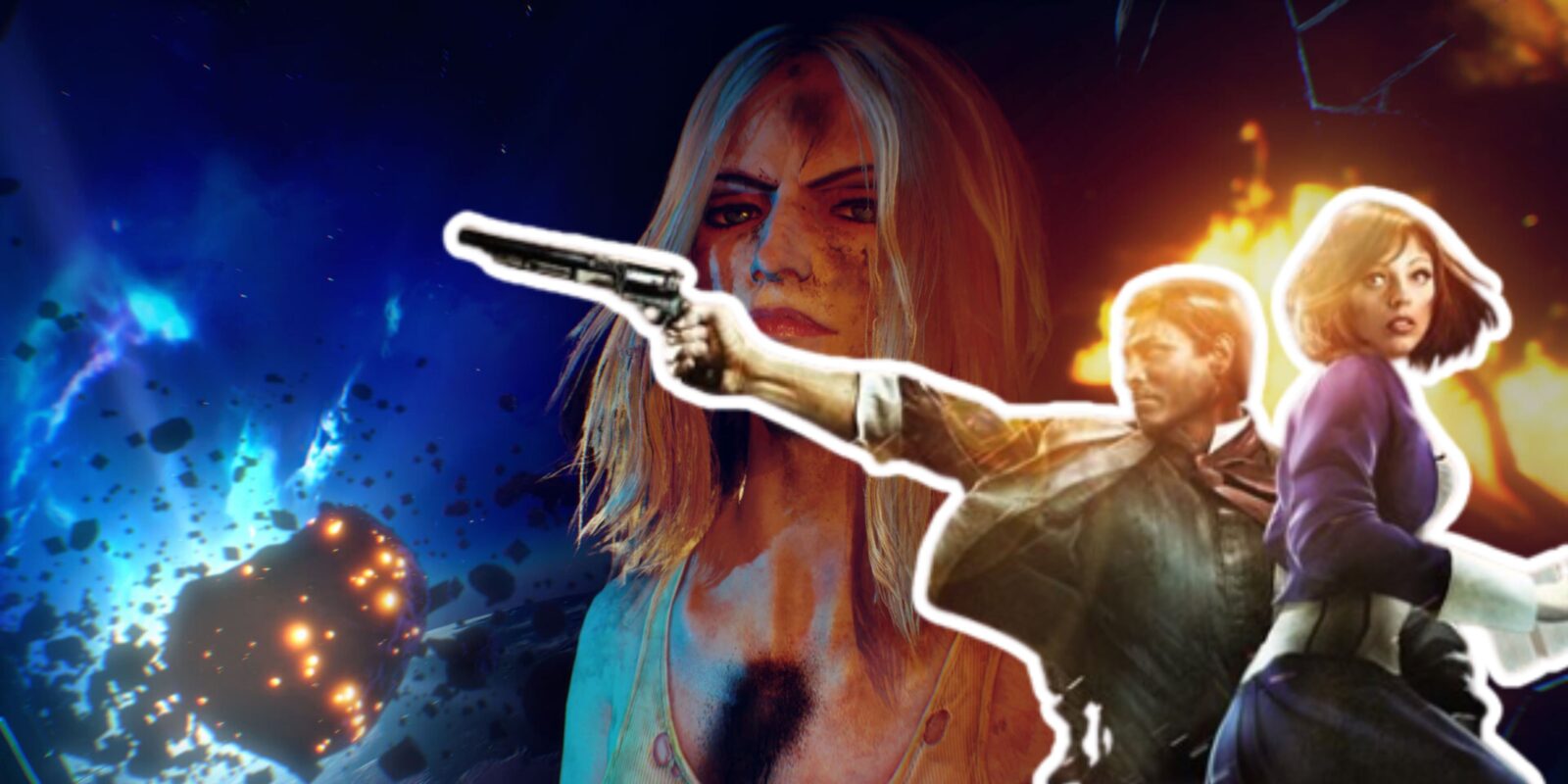

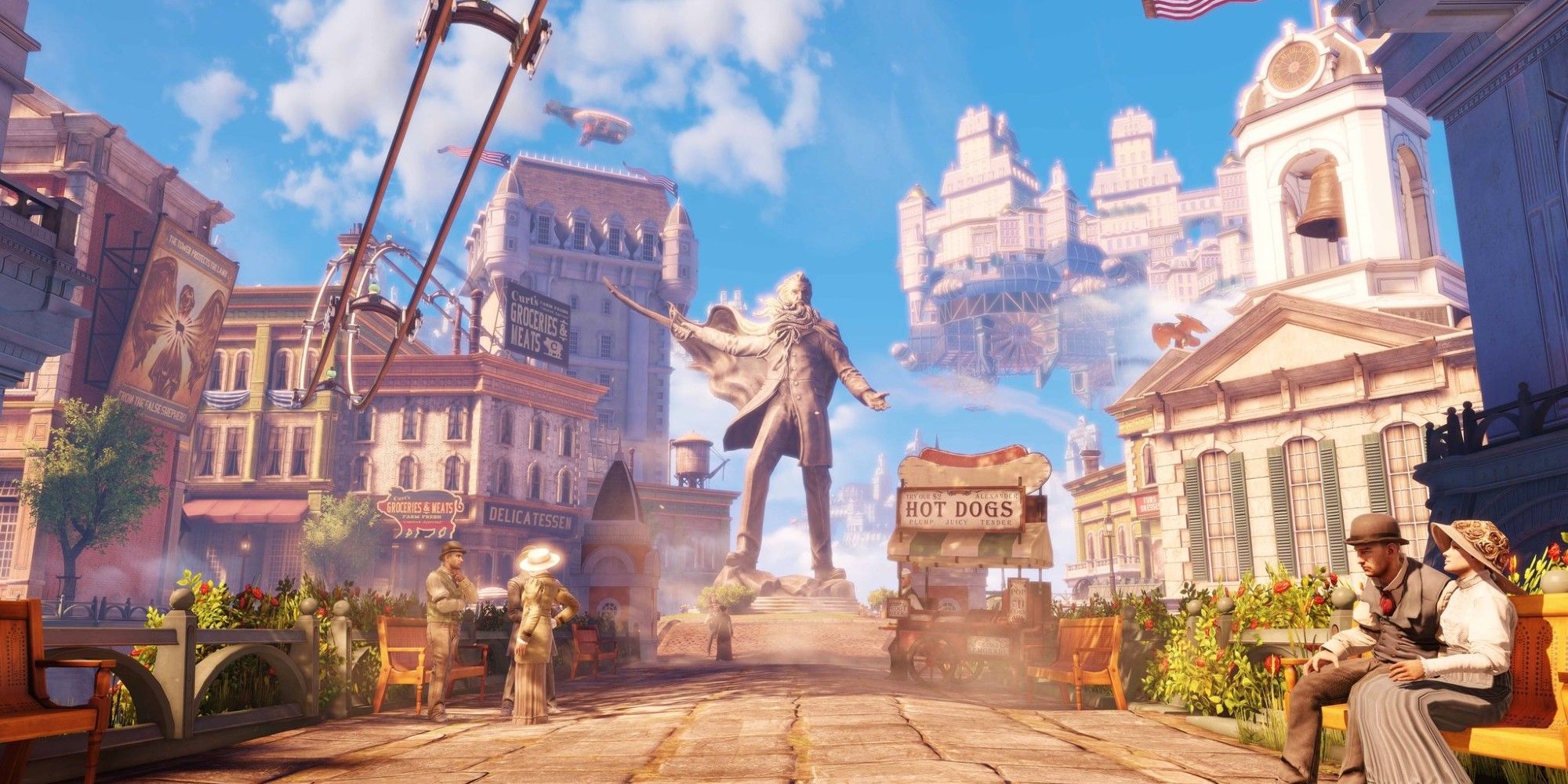
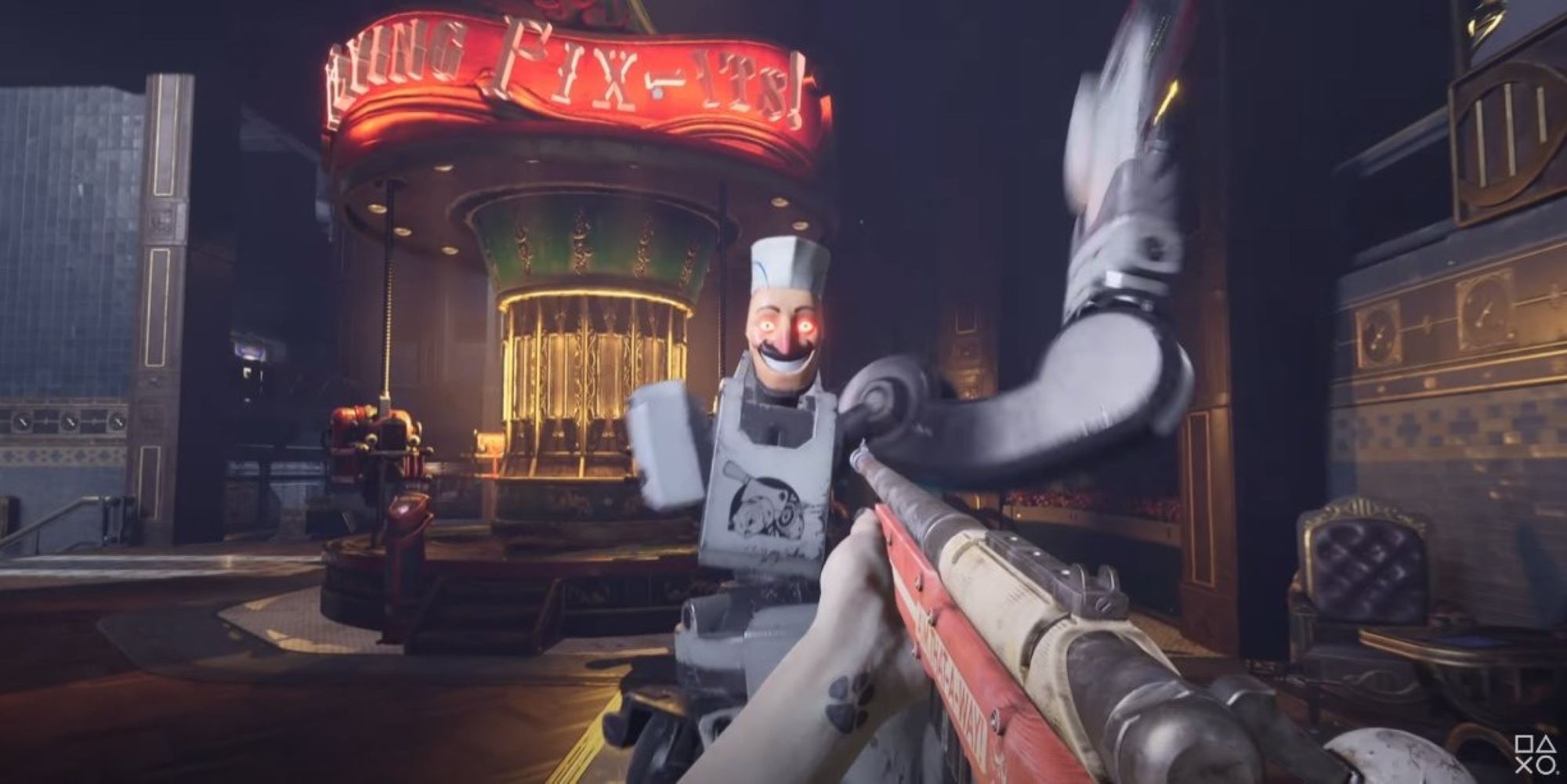






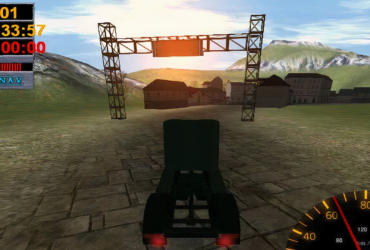

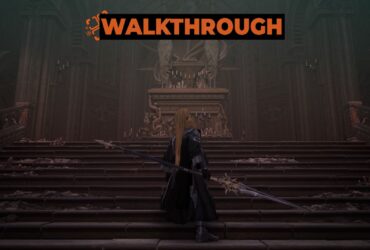

Leave a Reply